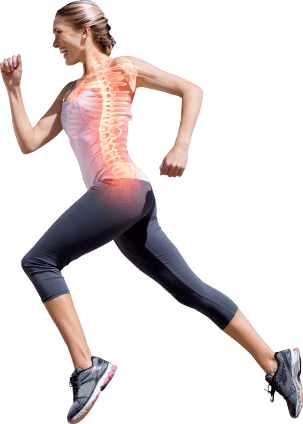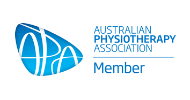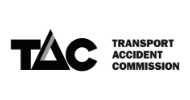Jaw popping or clicking is a common phenomenon experienced by many people. Though it can be a little alarming to hear an audible pop or click when opening or closing your mouth, it is not always a cause for concern. However, if you're experiencing jaw popping accompanied by pain or discomfort, it's essential to seek professional help.
Causes of Jaw Clicking
Jaw popping or clicking often occurs as a result of Temporomandibular Joint Disorder (TMD), a group of conditions that affect the temporomandibular joint (the joint that connects your jawbone to your skull). These conditions can be caused by various factors, including:
- Arthritis: This can cause inflammation and deterioration in the jaw joint.
- Jaw injury: An injury or trauma to the jaw can damage the joint, leading to popping or clicking.
- Teeth grinding or clenching: This puts pressure on the joint, often leading to popping or clicking.
- Dislocation: The disc within the joint can become dislocated, causing the jaw to pop or click.
- Structural jaw problems: Some people may be born with or develop structural problems in the jaw joint.
Symptoms
While the most apparent sign of this condition is an audible pop or click when opening or closing the mouth, other symptoms may accompany this, including:
- Pain or discomfort around the jaw, face, or neck
- Difficulty opening or closing the mouth
- Jaw getting "stuck" or locked
- A feeling of tiredness in the face
- Swelling on the side of the face
Treatment for Jaw Popping
The treatment for jaw popping or clicking largely depends on the underlying cause. Some of the commonly used treatment methods include:
- Physical therapy: A physical therapist can provide exercises and techniques to strengthen the jaw muscles, reduce tension, and improve joint function.
- Medication: Nonsteroidal anti-inflammatory drugs (NSAIDs) can be used to reduce inflammation and pain.
- Dental devices: A dentist can provide a splint or mouthguard to prevent teeth grinding or clenching.
- Lifestyle changes: This might include reducing stress, avoiding hard foods, and not chewing gum.
- Surgery: In severe cases where conservative treatments are not effective, surgical procedures may be considered.
Frequently Asked Questions
Q1. How serious is jaw clicking?
A: Jaw clicking in itself isn't typically serious if it doesn't cause pain or affect your ability to open and close your mouth. However, if it's accompanied by pain or discomfort, it may indicate a more serious issue such as TMD or a jaw injury.
Q2. Does clicking in jaw go away?
A: It depends on the cause. In some cases, jaw clicking caused by stress or temporary muscle tension may go away on its own. However, if it's caused by a more serious condition like TMD, treatment may be required.
Q3. Should I go to the dentist with jaw clicking?
A: Yes, if the clicking is persistent, causes discomfort, or if you have difficulty opening or closing your mouth, it's a good idea to consult a dentist or a specialist. They can diagnose the cause and suggest appropriate treatment.
Q4. Why is my jaw locking up clicking?
A: Jaw locking and clicking are often signs of TMD. This can occur due to a dislocated disc, an injured or deteriorated jaw joint, or tense facial muscles. If your jaw is locking up and clicking, it's important to seek professional advice.
Remember, early diagnosis and treatment are key to managing symptoms and preventing further complications. If you have any concerns about jaw popping or clicking, please seek professional help.
The information contained on this page is for educational purposes only and does not substitute for a consultation with a medical or health professional. Please consult your healthcare provider for any health-related concerns.








